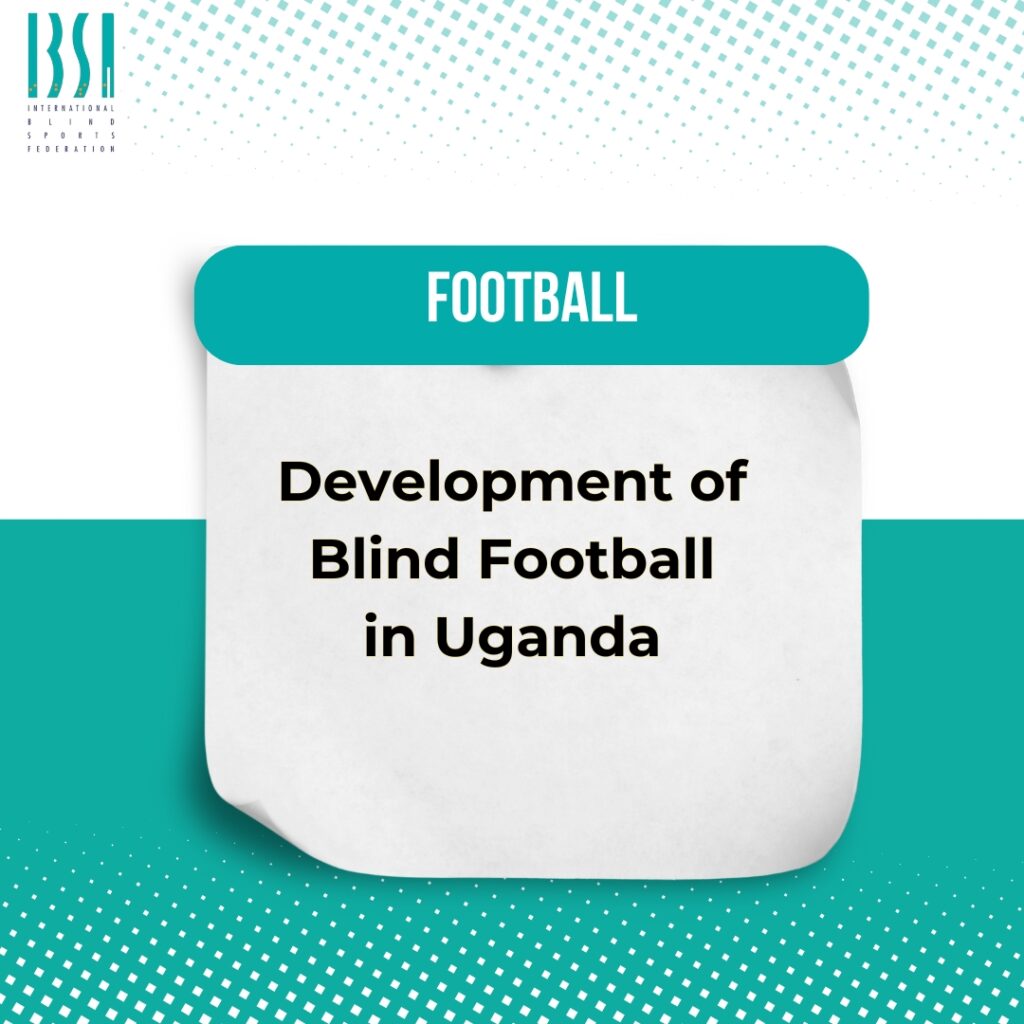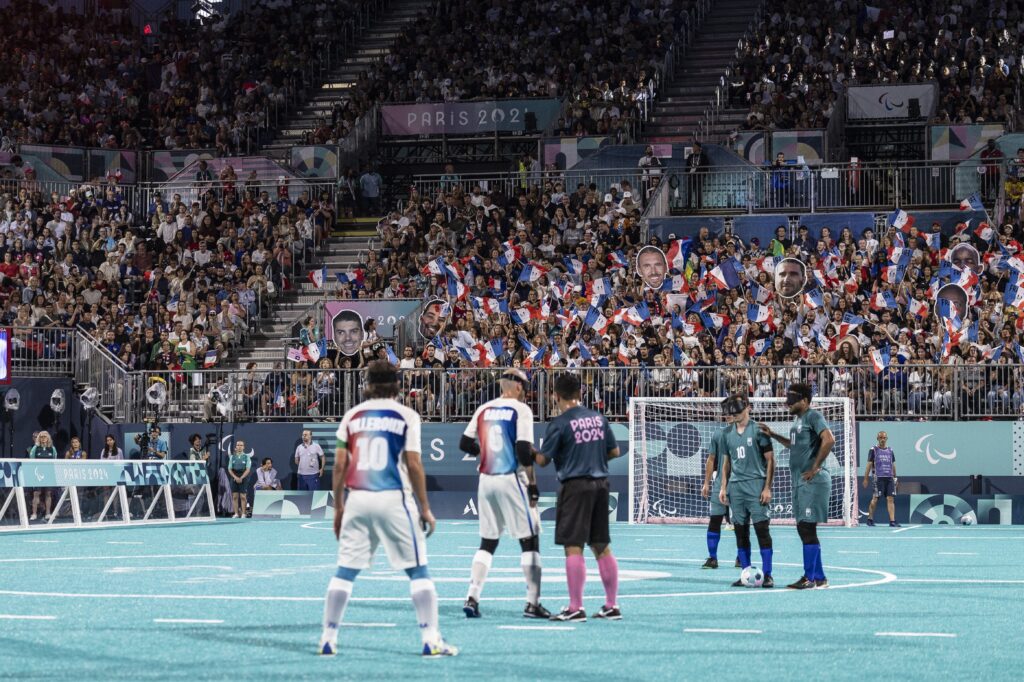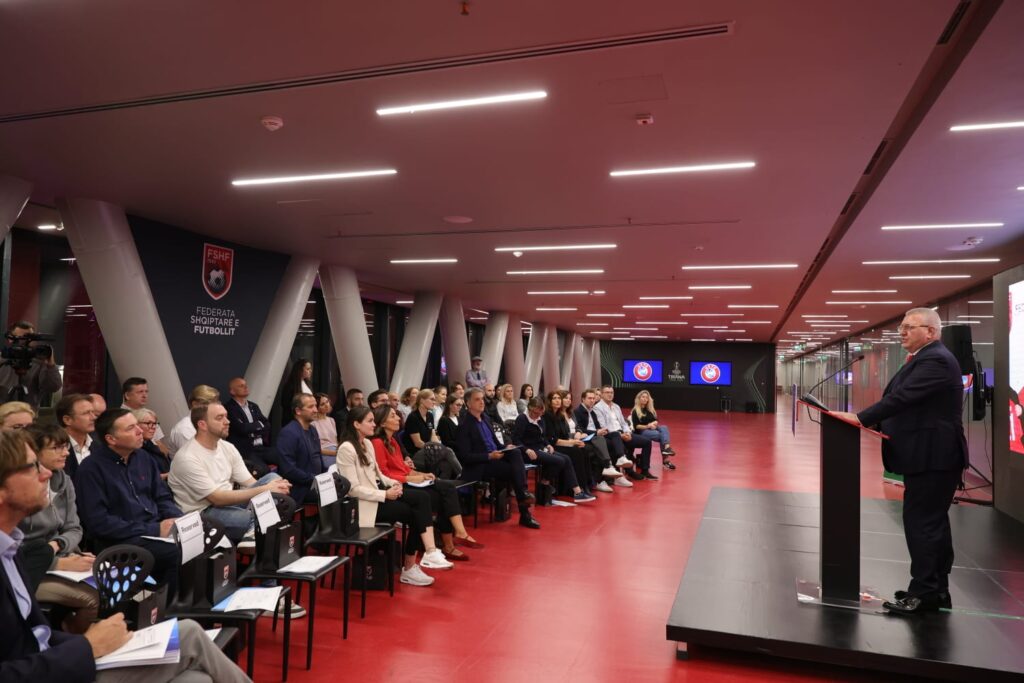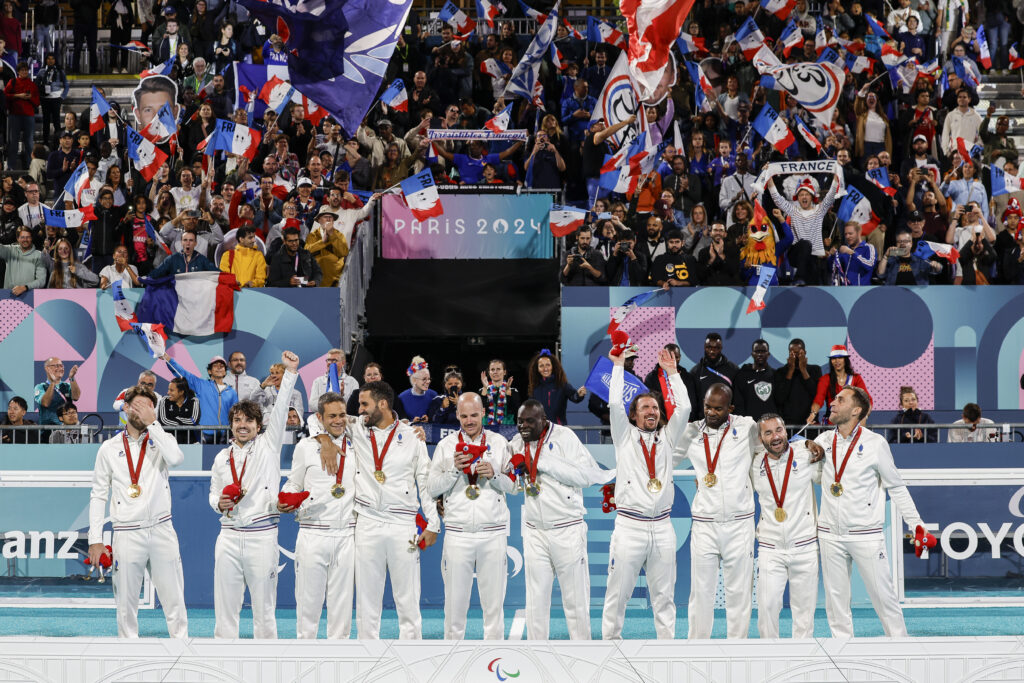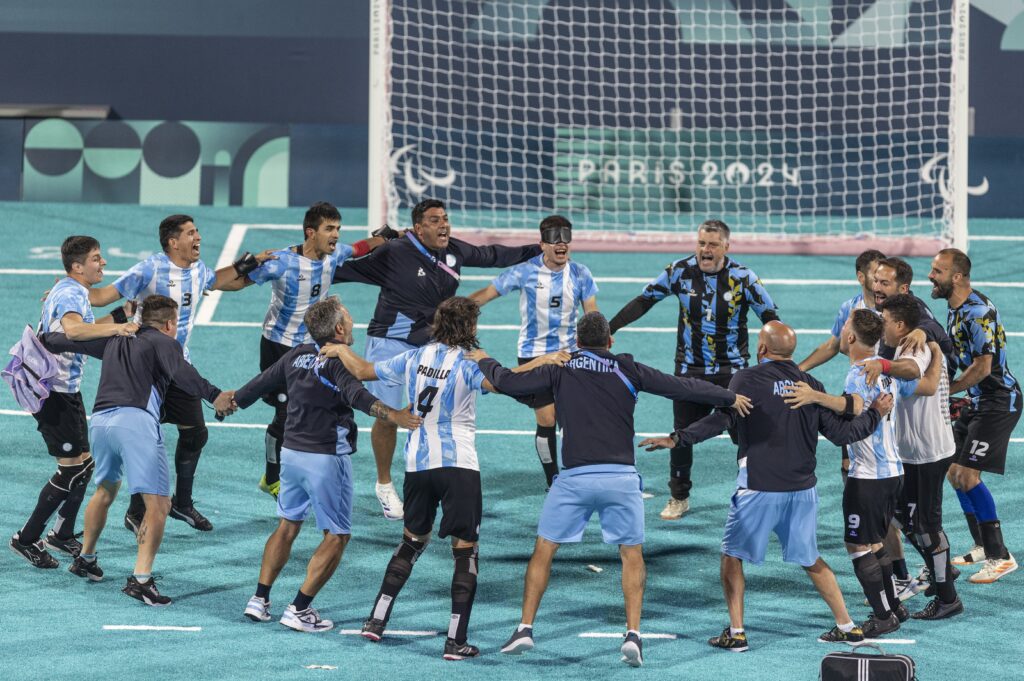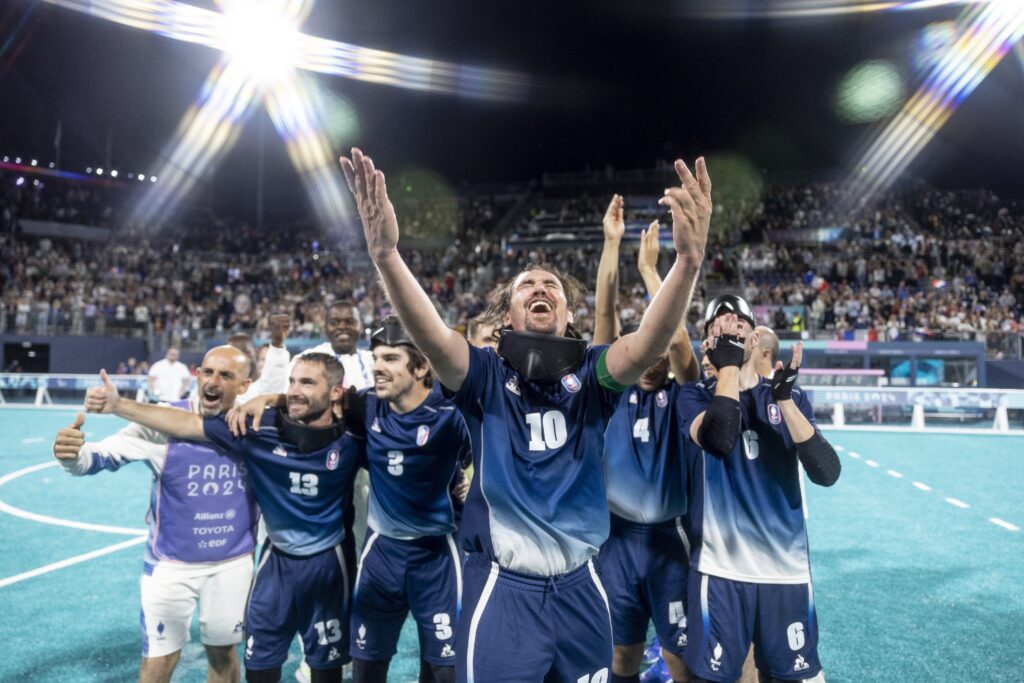News
Blind football takes off in Kenya
Date: May 6, 2014
Category: Football
With thanks to Richard Gituro from Alive & Kicking Kenya, the following is a full report on recent development work in blind football in the East African country:
According to official census figures from 2009, 332 000 Kenyan citizens are blind or partially sighted, 0.8 per cent of the total population. Fifty-eight thousand are under the age of 15. These figures are likely to underestimate the number of visually impaired people in the country as prejudices surrounding disability persist and disability is probably underreported.
Kenya has six schools for the blind catering to the needs of VI children, plus multiple mainstream education opportunities through a range of country-wide programmes. Further education opportunities are provided in a number of universities, teacher training colleges and technical institutes.
Access to physical education and sports for VI children is far from universal given the lack of resources and expertise in adapted sports for the blind and partially sighted, and this leads to lower participation levels among VI children.
To overcome this deficit, Alive and Kicking Kenya, a not-for-profit social enterprise whose main goal is to provide sustainable jobs by making and selling sports balls, partnered with the Thika School for the Blind, the largest special school in East Africa, to run a pilot project in the school.
Students from the National Youth Talent Academy and a Unicef co-ordinator were recruited to assist with the training drills and the running of the matches after the students had been taught the basic rules of the game.
Case study: Joseph Munyao, primary school pupil

Joseph is 11 years old and has been in the school for 5 years now. He is low vision (B2) and has albinism. He was among the first pupils to rush to the field to participate in the futsal training. Due to his low sight Munyao could not play normal football and he needs sunscreen any time he is strong sunshine.
Munyao enjoys playing football and is an ardent supporter of Chelsea FC, he is very inquisitive and often time he would ask questions about how the ball was made, what made the sound in the ball and how our cameras worked. This being a new game we had challenges in how the game was played due to lack of safety equipment for the students. Munyao wants to be a lawyer in future to fight for the rights of the disabled. The coaches from FC Talanta were happy to help the student since to them it is very important to teach their skills to others.
 Munyao is very hopeful that he can become a good footballer since he can use the IBSA manual to improve on his game. His teacher says that his co-ordination has improved and he now interacts and socializes better with other students since he started playing the game. By accessing sports equipment the students in his school have fun during break and games time instead of standing around, as was the case before.
Munyao is very hopeful that he can become a good footballer since he can use the IBSA manual to improve on his game. His teacher says that his co-ordination has improved and he now interacts and socializes better with other students since he started playing the game. By accessing sports equipment the students in his school have fun during break and games time instead of standing around, as was the case before.
Case study: James Korio, secondary school student
James comes from the Masai community. He was blinded when a lion that had attacked his father’s cattle while herding in Kajiado District gouged out his eyes as he fought it off. He is 17 years old and totally blind (B1) and he can play football with assistance from the sighted students in his school.

James was very enthusiastic to play futsal and scored twice in the match we held. Before the balls were brought to his school James could not play normal football due to lack of sight. His teacher says that James is eager to participate in games but since blind schools do not have a sporting activities he only get to showcase his talent in school.
James is computer literate and from his computer class he had heard of blind futsal and his favorite team is Spain. Due to the fact that he does not play any games access to games and safety kits is a challenge for him and his friends. He hopes to one day represent Kenya at the Paralympics games. He was happy to have learnt to play the game and he hopes he can get to play more against other schools.

Blind football tournament
As part of the three-day blind football pilot project at the Thika School, a tournament involving teams from all the schools for the blind was arranged. Pupils were split into two age catagories for the tournament: primary and secondary.
In the primary school event, Kibos School for the Blind defeated St Francis by one goal to nil in the final. St Oda, Thika, Likoni and St Lucy’s Schools for the Blind also fielded teams.
Five teams competed in the event for secondary school students: St Francis, Kibos, St Lucy’s, St Oda and Thika. St Lucy’s ran out the winners, beating Thika 1-0 in the final.
Alive and Kicking Kenya and the schools for the blind are very keen to continue developing the game, with plans to set up a women’s blind football programme if resources can be secured.
